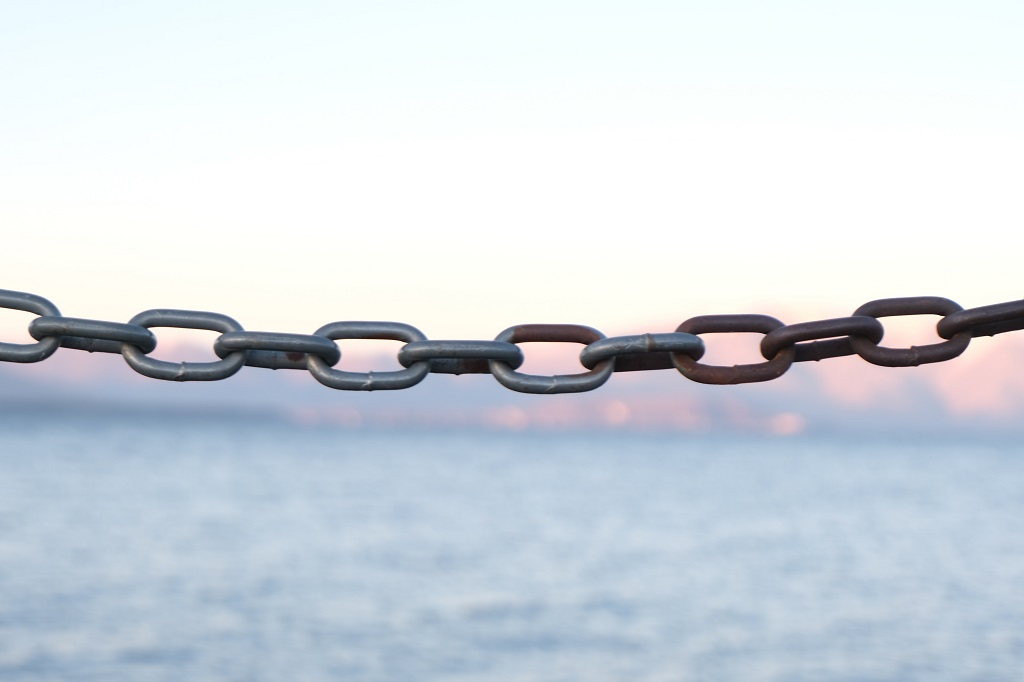The best tips for website URLs
A website URL is an important part of any website. It is not only important for visitors, but also for search engines like Google. A clear and readable URL is important for this. But how exactly do you create one? We'll cover that in this article, read on quickly to improve your website URLs too!
Website URLs and page titles are often called hand in hand, but the two can be completely different. You can often do this manually in yourwebsite web hosting, but it's more commonly done in a content management system like WordPress, Joomla or Umbraco. It always works slightly differently in a particular content management system, so you'll need to look up the exact location in your CMS documentation. In WordPress, both the title and URL slug can be set in the settings for pages or articles. And with a plug-in for SEO, this can be further edited or enhanced. We recommend using The SEO Framework instead of Yoast, for example. This is for several reasons, which are also explained in a previous blog post of ours.
Structure on your website
Your website structure is important, and you need to make sure you're clear about it and stick to it from day one. It often makes sense to divide your content into multiple categories. And to include or exclude this in the URL. Your content can be very different in terms of topic. Or even look pretty similar. By having your own category, you can make it clearer what a particular page is about. One trap that many webshops fall into is using too many subcategories. This leads to unnecessarily long URLs that are not understandable to you, your visitors or Google. To give you an example:
/sports/winter-sports/skates/skates/skates-brand%1234/skates-brand%9876.
For example, is not a URL that is simple and clear. Such URLs will also cause you to receive a negative score from the crawlers, making it harder for you to rank for them. So, try to think carefully about how you arrange your website URLs and stick to it from the beginning. If you want to change this at a later stage, this can also bring risks. Especially if you don't redirect to the new site in the right way. Years of work can be lost as a result.
Length of a URL
The length of a URL can be important to the search results of your website hosting. The maximum length of a URL is 2000 characters, but after a certain point, Google will shorten it. Therefore, it is better to limit the URL with the domain name to about 70 characters, which will give the best results in most cases. By default, WordPress allows you to set your URLs to be readable and refer to the title. This also determines the length of a URL. For example, if you specify that your category is always readable in the URL, this will obviously affect the length. The length of a URL has also been confirmed by Google to not be a direct ranking factor. Formatting, readability and relevance to the content are the factors that are looked at.
Readability and foreign characters
The readability of a URL can be set in your content management system itself, and you should set them as Pretty URLs. In other words: Your URL matches your content and does not display as a code or string. Also, of course, separators are required in your URLs, which can make a difference for clarity and readability. Usually two characters are used for this, | and the normal hyphen, though the pipe character or | is often used to further break down a URL into the article format. For example, a recipe or other article that delves into a topic while being part of a series or sequence of articles.
Importance in the eyes of search engine crawlers
URLs and titles are important components for ranking websites in search engines and improving the user experience for users. They can give an indication of what a website is about, what your article is about, and what you can accomplish with it. However, there are more than 200 factors that are considered to determine your website's ranking in Google's results. And, of course, we are not told exactly what these are. The title of a website or a particular page is important and occupies a prominent place, the URL has less influence but is still important to be clear and correct. Not only for your own URL structure, but also for search engine crawlers.
How do you arrange your URLs on your website? Let us know via social media!
